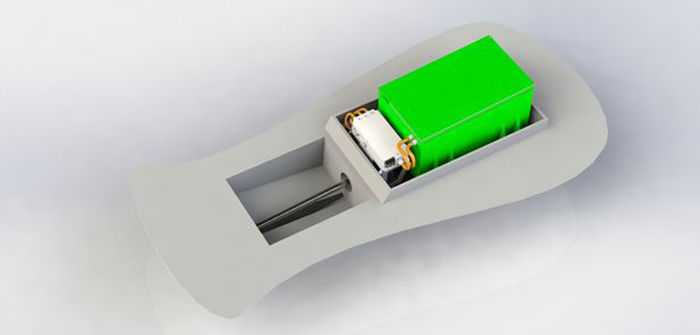A consortium of engineering experts and businesses from the southwest of the UK is working on a project to create a new domestic passenger ferry, the e-Voyager.
The University of Exeter has partnered with Plymouth Boat Trips, Voyager Marine, the University of Plymouth, Teignbridge Propellers and EV Parts UK, based in north Devon, to carry out the design and build of the new, seagoing, electric vessel.
The group recently received a £105,500 (US$130,000) grant through the Clean Maritime Call – a £1.4m (US$1.73m) initiative from Maritime Research and Innovation UK (MarRI-UK) and supported by the UK Department for Transport (DfT) – to boost the UK’s goal of zero-emission shipping.
Initial work, to take place at Voyager Marine, will focus on converting a conventional diesel boat to electric drive, using lithium-ion batteries repurposed from a Nissan Leaf.
Brian Lambert, a University of Exeter research fellow, will also help EV Parts UK integrate and optimize the new electric power train – from the batteries to the motors, and perhaps to wireless charging of the boat in the future. EV Parts will design the battery storage and motor installation for the vessel, using FBW (fly-by-wire) electronic controls to replace the existing systems.
A team of scientists from the University of Plymouth, meanwhile, will carry out research during the build, measuring emissions including noise pollution, air pollution and fuel consumption.
Plymouth Boat Trips expects the e-Voyager to be running alongside Plymouth Boat Trips’ existing boats including the Cremyll Ferry, a busy commuter connection between Cornwall and Plymouth, later this year.



